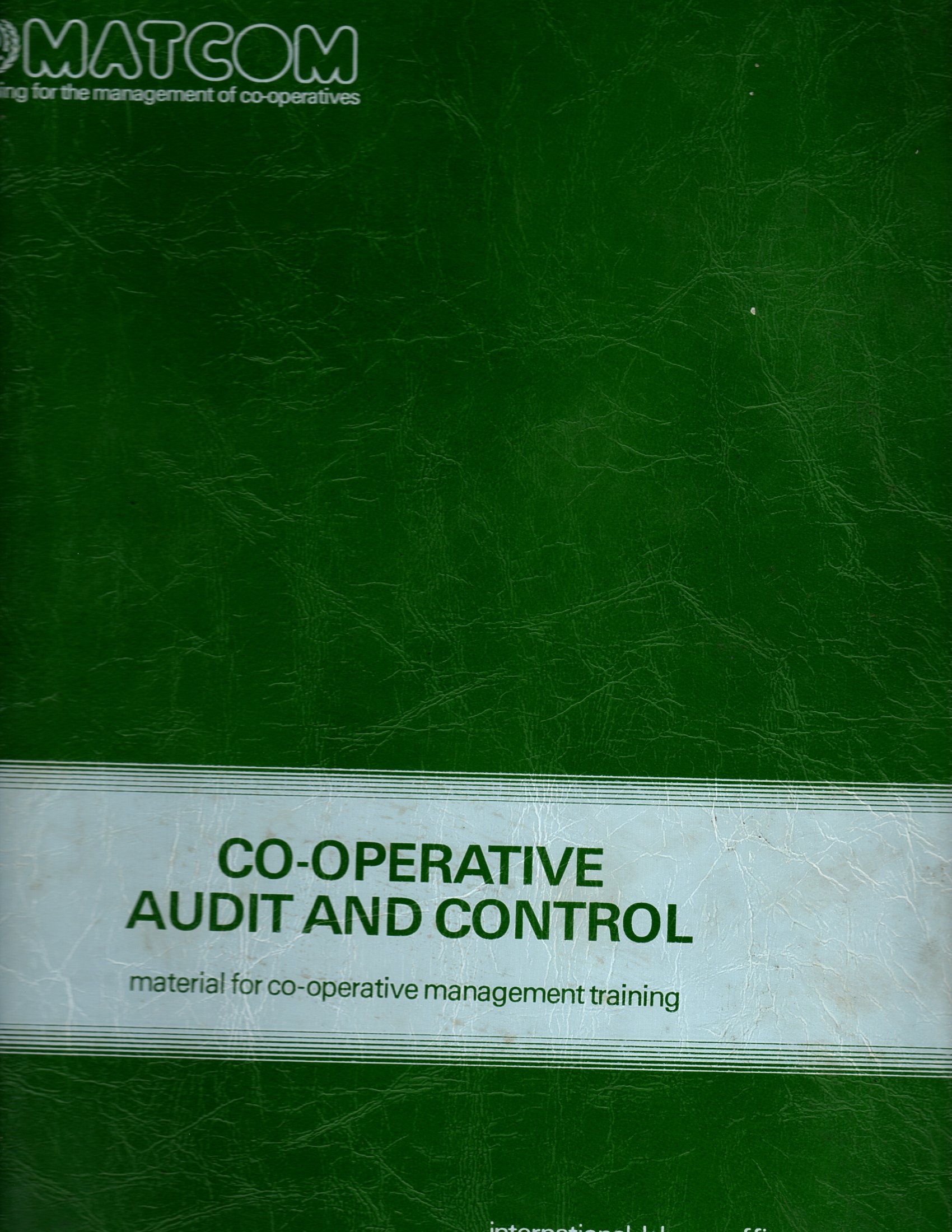

This training manual is designed to aid trainers in educating those who conduct auditing measures on cooperatives, be it internal or external auditors, and have at least a knowledge on accounting, especially as examining these organizations may involve analysis of varying financial management measures. It involves key topics related to audit practice in cooperatives like the theory and practice of auditing, documentation and evaluation of accounts, bookkeeping entries, and internal control systems. This manual also teaches participants on how to adhere to both legislative (government-level) and internal protocols (organizational-level) on accounting standards to maintain uniformity and professionality within the cooperative, as well as lessen deviations, from the required and observed practice. Moreover, it also encourages instructors to emphasize the value of auditing and how the process exists not only to check on accounts, but also to contribute positively in the continuing improvement of the departments that need refinement in its policies.
It is expected that the facilitator would ensure that the receivers of this training program would be familiar with the auditing process. In particular, the facilitator should expect his or her trainees to have the basic knowledge on the roles and responsibilities of auditors in a cooperative, identify instances of fraud, waste, and errors in accounts, determine the appropriate audit tests and technologies to utilize, and prepare comprehensive audit reports which the management can appreciate and use.